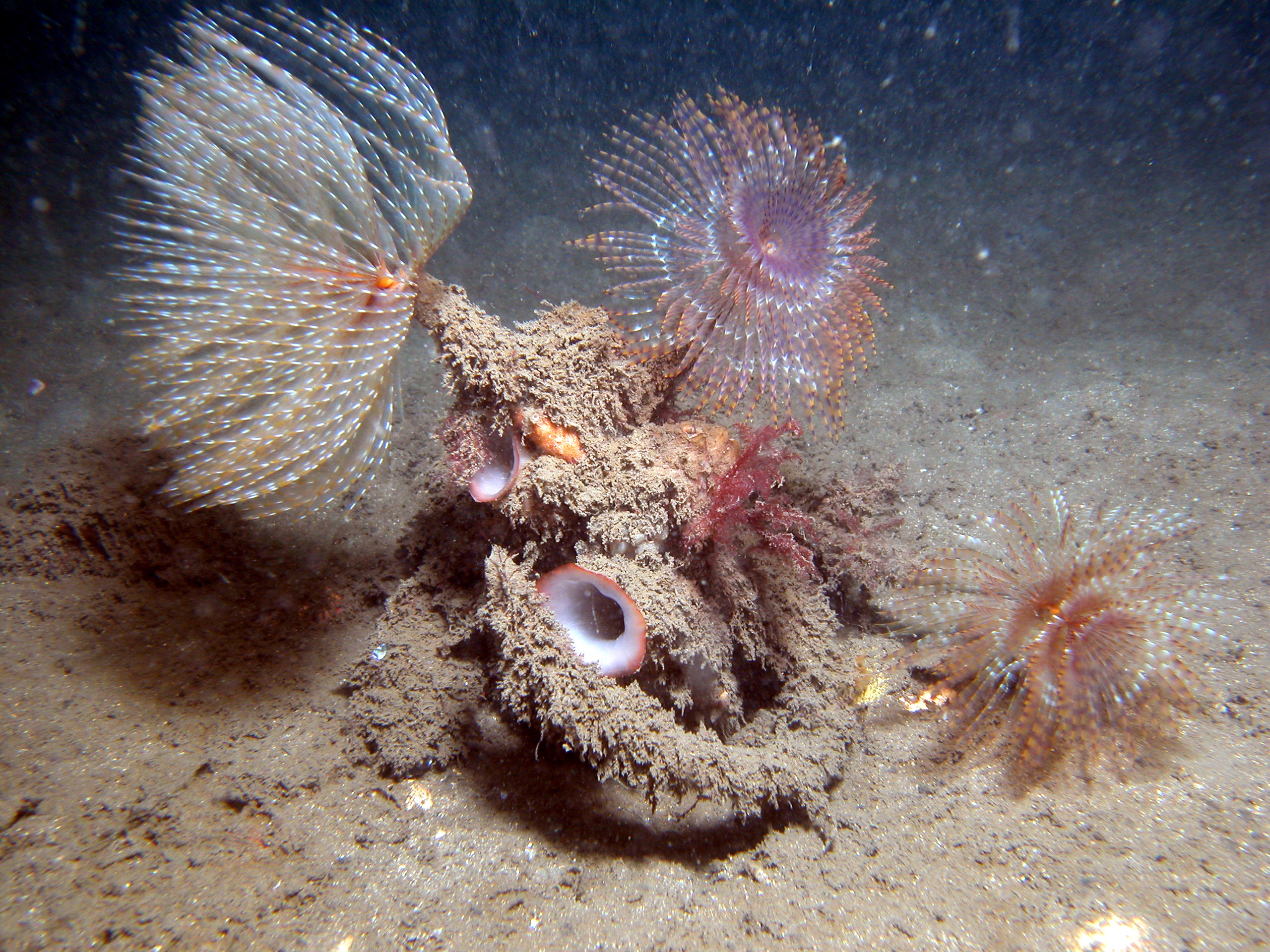
Plan to protect NSW from pest plants and animals
13 Sep 2017

Local communities, groups and individuals are invited to have their say in developing the NSW Invasive Species Plan 2017-2021 to reduce the impacts of pest animals and weeds on our land, sea and waterways.
NSW Department of Primary Industries (DPI) invasive species strategy manager, Quentin Hart, said invasive animals and weeds impact on the environment, agriculture, infrastructure and human health.
“We aim to develop a new plan with input from the community, which will help prevent new pest incursions and reduce existing pest threats,” Mr Hart said.
“Invasive pest animals, including wild dogs, deer and rabbits, feral cats and goats, foxes and carp, are estimated to cost the Australian economy more than $1 billion annually and the NSW economy at least $170 million annually.
“More than 1650 introduced plant species have established in NSW and at least 300 of these weeds have a significant impact on the environment and agriculture – the cost of weeds to NSW agriculture alone has been estimated to be near $1.8 billion per year.
“Marine and freshwater environments too are under threat, with more than 250 introduced marine species detected in our coastal waters.
“Aquatic pests can cause serious negative impacts on marine environments and animals, and they can outcompete native species, all posing significant risks to the profitability of Australia’s $2.4 billion-a-year fisheries and aquaculture industries.”
Mr Hart said the plan will need to account for the potential of invasive species to establish and spread with future changes to the climate.
“The new plan will help guide investment and resources to invasive species prevention and management programs, with the aim of building NSW’s ability and commitment to manage invasive speciesactivities on the ground,” he said.
Supporting the NSW Biosecurity Framework and complementing the NSW Biosecurity Strategy, Australian Pest Animal Strategy, Australian Weeds Strategy and National System for the Prevention and Management of Marine Pest Incursions, the draft plan is now open for comment.
All stakeholders, government agencies, industry, landholders and members of the community, who play a valuable role managing invasive species, are invited to have their say on the draft plan by Friday 13 October 2017.
Media contact: Bernadette York (02) 6938 1664 or 0427 773 785

